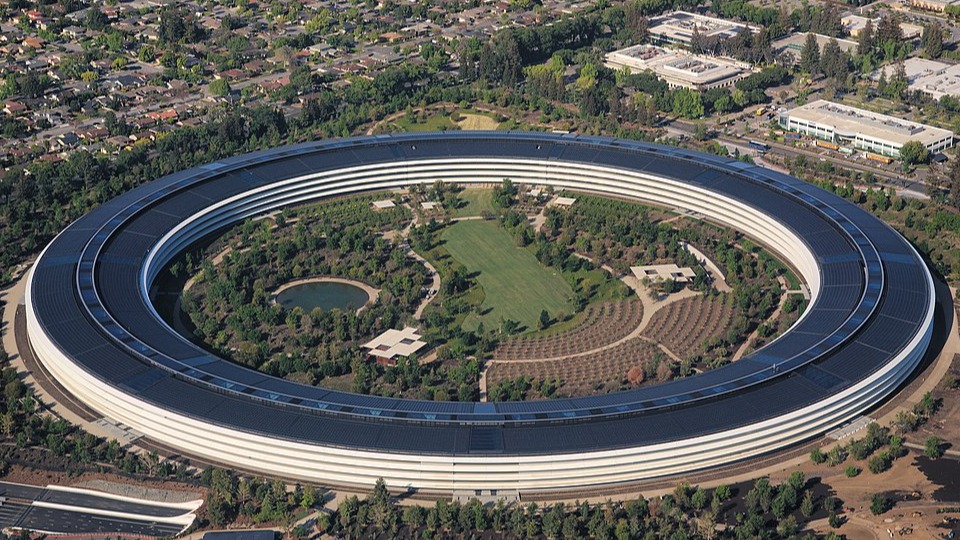Apple has challenged a €1.84 billion fine imposed by European Union antitrust regulators at Europe's second-highest court after the tech giant was found to be impeding Spotify and other streaming rivals through restrictions on its App Store.
In March, the European Commission handed Apple its first-ever penalty for infringing EU antitrust rules, marking the third-largest fine issued to a company for anti-competitive behaviour. Apple had already indicated its intention to appeal the decision.
A ruling by the Luxembourg-based General Court could take several years, and an appeal against its judgement to the Court of Justice of the European Union, Europe's top court, could further prolong the litigation.
In March 2024, Brussels fined Apple €1.84 billion for thwarting competition from music streaming rivals via App Store restrictions. A basic penalty of €40 million was significantly inflated by a deterrent lump sum – a first for the EU's antitrust authorities.
The Commission charged Apple with preventing Spotify and others from informing users of payment options outside its App Store, following a 2019 complaint by the Swedish streaming service. It ordered Apple to cease such conduct, deeming the restrictions as unfair trading conditions.
While Apple vowed to appeal, it must pay the fine and comply with the EU order pending a General Court ruling, which could take years. The fine amounted to 0.5 per cent of Apple's global turnover and was nearly four times higher than initially expected.
Latest News
-
Indra wins TfL contract to run London ticketing systems
-
Japan ‘launches government probe’ into Grok
-
Social media sites stop access to 4.7m under-16 accounts in Australia
-
Government announces £52m funding to support British robotics and defence tech firms
-
Swift to launch blockchain-based shared ledger after successful digital asset pilot
-
AWS launches European sovereign cloud service
The future-ready CFO: Driving strategic growth and innovation
This National Technology News webinar sponsored by Sage will explore how CFOs can leverage their unique blend of financial acumen, technological savvy, and strategic mindset to foster cross-functional collaboration and shape overall company direction. Attendees will gain insights into breaking down operational silos, aligning goals across departments like IT, operations, HR, and marketing, and utilising technology to enable real-time data sharing and visibility.
The corporate roadmap to payment excellence: Keeping pace with emerging trends to maximise growth opportunities
In today's rapidly evolving finance and accounting landscape, one of the biggest challenges organisations face is attracting and retaining top talent. As automation and AI revolutionise the profession, finance teams require new skillsets centred on analysis, collaboration, and strategic thinking to drive sustainable competitive advantage.
© 2019 Perspective Publishing Privacy & Cookies








Recent Stories